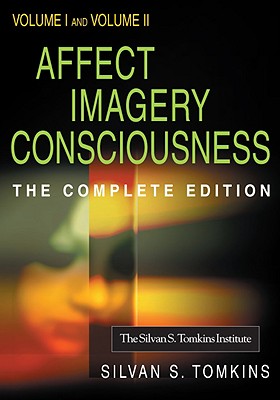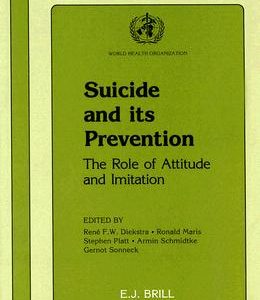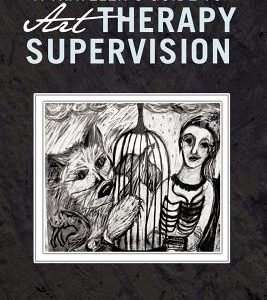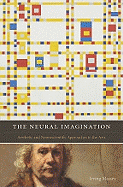Affect Imagery Consciousness: Volume I: The Positive Affects
$130.50
Description
..”.brilliant…”–Malcolm Gladwell, Author of Blink “The writings for which this essay is offered as a Prologue consumed him from the mid-1950s through the end of his life in 1991. Knowing it was his “lifework,” Tomkins conflated “life” and “work,” reifying the superstition that its completion would equal death and refusing to release for publication long-completed material. He knew the risks associated with this obsessive, neurotic behavior, and the results were as bad as predicted. The first two volumes of Affect Imagery Consciousness (AIC) were released in 1962 and 1963, Volume III in 1991 shortly before he succumbed to a particularly virulent strain of small cell lymphoma, and Volume IV a year after his death. This last book contains Tomkins’s understanding of neocortical cognition, ideas that are even now exciting, but until this current publication of his work as a single supervolume, almost nobody has read it. The bulk of his audience had died along with the enthusiasm generated by his ideas. Big science is now more a matter of big machines and unifocal discoveries as the basis for pars pro toto reasoning than big ideas based on the assembly and analysis of all that is known. Tomkins ignored nothing from any science past or present that might lead him toward a more certain understanding of the mind. Every idea, every theory deserved attention if only because significant observations can loiter in blind alleys.”–From the Prologue by Donald L. Nathanson, MD Volume 1 of Springer’s magisterial new two-volume edition of Tomkins’s magnum opus comprises The Positive Affects and The Negative Affects.
Author: Tomkins, Silvan S, With: Karon, Bertram P
Topic: Psychology
Media: Book
ISBN: 826144047
Language: English
Pages: 614
Additional information
| Weight | 2.99 lbs |
|---|---|
| Dimensions | 9.92 × 7.33 × 1.61 in |















Reviews
There are no reviews yet.